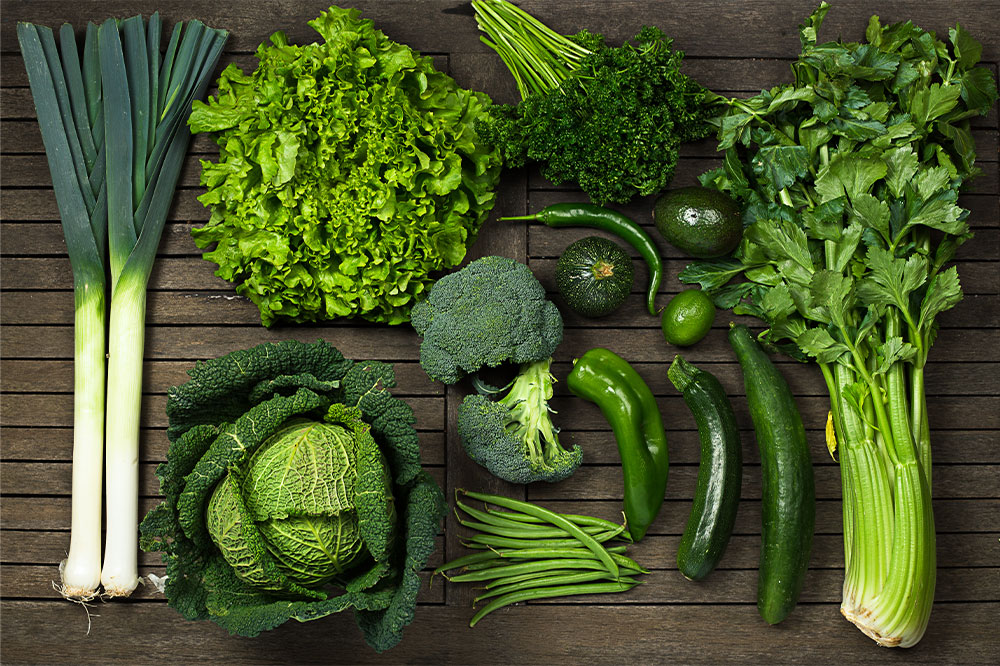6 common cancer symptoms caused by sugar intake

The cells in our body need glucose from sugar to function at their best. We get this sugar from our food, which provides energy to all cells, including cancer cells. However, since these cells need almost twice as much energy, there could be a link between sugar and cancer. This could cause symptoms of cancer due to too much sugar intake. Therefore, here are some signs to look out for.
Understanding the connection between sugar and cancer
Excessive sugar consumption does not directly cause cancer, as sugar is not carcinogenic. However, consuming too much sugar in regular meals and snacks can negatively impact overall health. Processed beverages and foods containing added sugars can lead to health problems and increase the risk factor for cancer.
Here are other ways sugar can increase cancer risk.
By increasing Insulin resistance
Consuming excessive sugar can lead to insulin resistance. Insulin resistance results from high levels of insulin, a hormone controlling blood sugar levels. When insulin levels have been high for decades, it can increase the risk of colorectal, breast, and prostate cancer.
By causing inflammation
Excessive intake of dietary sugars has been known to cause health disorders related to a person’s metabolism. This can induce high levels of inflammation in the tissues of the body. This causes chronic inflammation. The combination of insulin resistance and chronic inflammation can add to cancer risk.
By leading to oxidative stress
The high sugar levels in a person’s blood can increase triglyceride production in the body. Triglycerides are fats that develop from unused calories in the body. An increased level of triglycerides can lead to several health problems, including oxidative stress. Oxidative stress can lead to cell injury and induce gene mutation. Both of these can play a key role in the development of cancer.
Common signs of cancer due to excessive sugar
While sugar intake does not cause cancer, excessive consumption can lead to several health disorders contributing to the risk. This may lead to several signs and symptoms of a cancerous condition.
Fatigue and low energy levels
Since the cancer cells multiply and proliferate, they consume most energy from a person’s food. Moreover, the growth of the tumors begins to affect the functioning of the other parts of the body as well. This leads to a constant feeling of fatigue and low levels of energy.
Increased frequency of infections and weakened immune system
The growth of cancerous cells also affects the immune system. The body cannot absorb the optimum level of nutrients, such as essential vitamins and minerals, due to the rapid growth of the cancerous cells. A weakened immune system makes a person more susceptible to infections.
Frequent and unexplained pain
Chronic pain is another common sign of cancer gradually developing in the body. The pain may be experienced in the area where the tumor is growing. Also, the growing tumor may be pressing on the nearby nerves leading to frequent painful sensations. Sometimes, some forms of tumors also release certain chemicals that can be the source of the pain.
Changes in skin appearance and texture
A significant tell-tale sign of cancer is sudden changes in the texture and appearance of your skin over a certain part of the body. This usually happens as an effect of the growth of a tumor in that part of the body. The tumor can obstruct blood, oxygen, water, and nutrient flow, causing the skin’s appearance to change. In some cases, moles, lumps, or bumps may also appear as an extension of the tumor growth underneath the skin. Sometimes, there can be itchy or red patches as well as lesions.
Irregular bowel movements and digestive issues
Gastrointestinal problems such as diarrhea and constipation can also sometimes indicate cancer development. The irregular bowel movement and digestive issues occur in some cases because the growing tumor puts pressure on the spine, which can disrupt bowel movements. In addition, the cancerous cells can cause the weakening of muscles that help in controlling the bowel.
Constantly feeling thirsty and excessive urination
The growth of the cancer cells can also affect bladder control. Also, cancer can cause hypercalcemia, which indicates an increased level of calcium in the body. The excess calcium can make a person feel excessive thirst. Furthermore, the person experiences frequent urges to go to the bathroom to relieve their bladder.
Tips to reduce sugar intake and minimize the risk of cancer
The risk of developing cancer can be lowered by reducing sugar consumption. Here are a few tips that can help.
- When buying packaged foods, always read the food label. Check for the amount of sugar and carbohydrates present in the food.
- Avoid beverages and packaged juices that often contain incredibly high processed sugar.
- Whenever possible, use natural sweeteners while preparing desserts and other meals.
- Adopt a well-balanced meal plan with whole grains, fresh vegetables, and fruits.
- Follow an active daily regime that involves regular and consistent exercises.
Seeking professional help for early detection
In most cases, there is no way to avoid cancer. However, regular preventive health care measures can be taken to lower the risk and help in early detection. Early diagnosis allows for more treatment options and increases the probability of curing the cancer. So it is essential to undergo regular health check-ups.
In addition, it is recommended to undergo regular screenings by a health professional to detect any possible cancerous conditions early on. Besides, adopting healthy habits and embracing certain lifestyle modifications can also reduce cancer risk.
One should also be aware of their food intake and avoid having foods filled with preservatives or unnatural sugars. To simplify the process, keeping a food journal helps significantly track your meals. This way, you can know of every food item that you eat and can develop a healthier approach to your meals.







